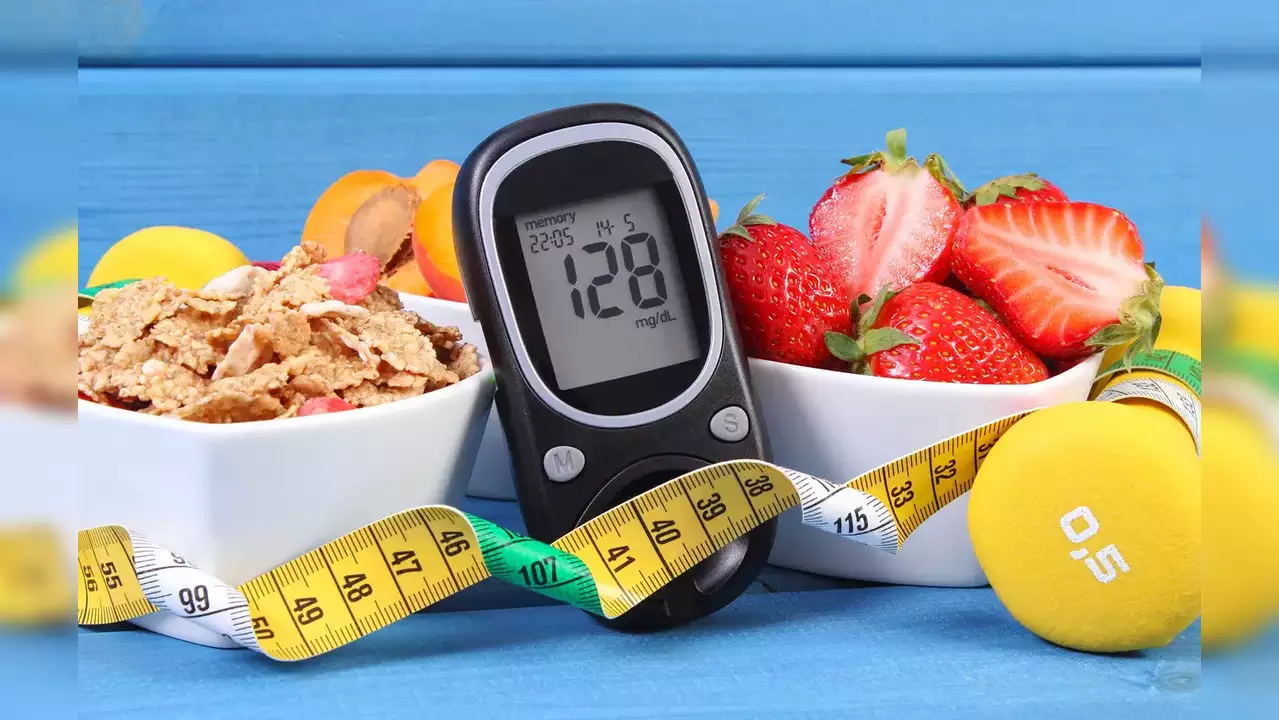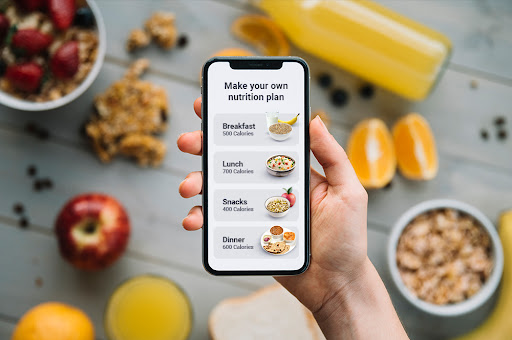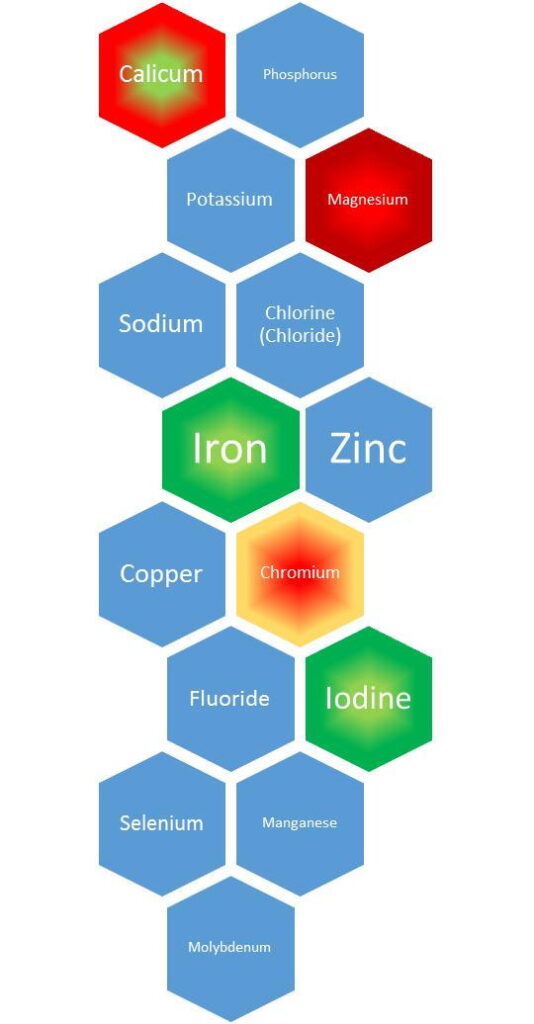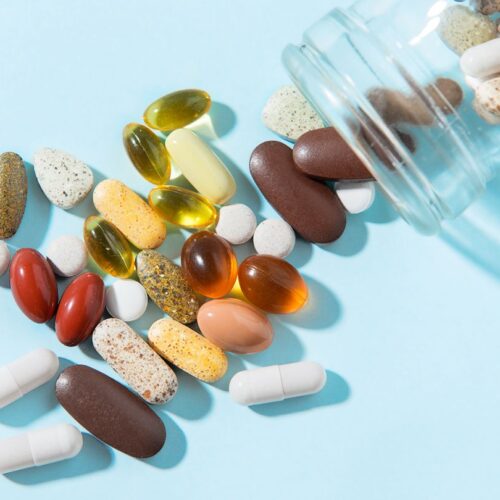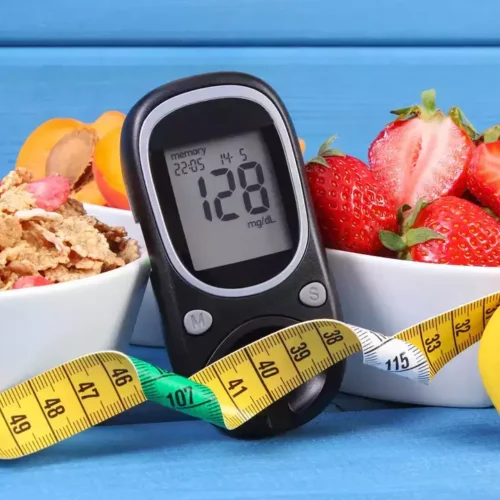Before spending lots of money on supplements that may not work or can cause harm, focus on making simple yet sustainable dietary changes. Whole foods contain a variety of macronutrients, vitamins and minerals. Aim to increase your intake of plants—fruits, vegetables, whole grains, nuts and seeds—that are rich in fiber, vitamins, minerals, antioxidants and healthy fats.
Fiber is the indigestible part of carbohydrate that can help to reduce blood sugar spikes because it is metabolized slowly. One simple way to eat more fiber is to ingest one fruit or vegetable at each meal, make half of your grains whole grains, and add one serving of unsalted nuts each day. The 2020-2025 Dietary Guidelines for Americans recommends consuming 25 to 38 grams of fiber daily. If you are not accustomed to eating fibrous foods, increase your intake slowly and drink ample amounts of fluids to reduce the risk of stomach discomfort, such as gas.
When eating carbohydrates (grains, potatoes, beans, corn), pair them with nonstarchy vegetables, lean protein and healthy fats. This food combination will not only provide satiating power, but also it will help you up your intake of vitamins, minerals, essential fats and protein. A simple yet effective strategy is to use the plate method. Fill half of your plate with nonstarchy vegetables, one quarter with lean protein, and the other quarter with a complex carbohydrate. For example, roasted chicken with stir-fried broccoli and baked sweet potato is a balanced and filling meal.
Frequently Asked Questions
- Are there over-the-counter treatments for diabetes?
It is very important not to replace medical treatment with over-the-counter products that claim to treat diabetes. Treatment of diabetes is ongoing and requires daily diabetes self-management. Lifestyle changes, such as eating a nutritious diet, weight loss (when indicated), physical activity, adequate sleep and reducing stress can help you manage your diabetes. Unfortunately, there is no supplement that will cure you.
- What supplements may help with diabetes?
If you are deficient in a vitamin, you may benefit from supplementation. And if you have complications of diabetes, some supplements—including vitamin D, B vitamins, omega-3 fatty acids and probiotics—may help with symptoms or delay the progression of complications related to diabetes.
Vitamin D: Having low levels of vitamin D is associated with the development of diabetes, metabolic syndrome and insulin resistance. Low vitamin D levels are also associated with an increased risk of foot ulcers and other infections, feelings of depression and impaired bone health, to name a few. Some studies suggest that supplementing with vitamin D and calcium, in people who are deficient, may help to improve blood sugar control. It is important for all people with diabetes to assess their vitamin D status with their health care provider to determine if supplementation is needed.
B vitamins and omega-3 fatty acids: People with diabetes, particularly those who take metformin, can be at increased risk of vitamin B12 deficiency. Metformin can reduce the absorption of B12 as well as blood concentrations. B12 deficiency and insufficiency is associated with neuropathy, so assessing B12 status is important. If levels are low, supplementation may be recommended. If you have complications of diabetes, such as neuropathy (nerve damage), you may want to discuss with your doctor the use of B vitamins or fish oil in treating pain and preventing the progression of disease. Animal studies have shown omega-3 fatty acid supplementation to be beneficial, but more research is needed.
Probiotics: There is growing evidence to support the use of probiotics for gut health, diabetes and blood sugar control. Some studies have shown that the use of probiotics like yogurt, fermented milk and capsules had a beneficial effect on blood sugar control. Keep in mind that different strains of probiotics have different functions, and your dietary patterns, along with the amount of colony units you take, can also have an impact. If you want to take a supplement, be sure to talk to a professional. A good place to start increasing your probiotic intake is by adding some fermented foods to your diet; try yogurt, kefir, kimchi, sauerkraut and miso.
The Bottom Line
While supplements can serve a purpose when you need to fill nutrient gaps or when you are deficient, they are not always safe, and oftentimes we don’t know their long-term effects. Therefore, before you spend money on supplements, take a look at your lifestyle. A foods-first approach is a safer, more affordable and more realistic way to prevent and manage diabetes. Eating a variety of fruits, vegetables, whole grains, nuts, seeds and lean protein can help you to manage blood sugars and inflammation (another key factor in diabetes).
If you have diabetes, or take care of someone who does, and don’t know where to start, meet with a registered dietitian or certified diabetes care and education specialist. Before taking any supplements, discuss it with your health care provider.

